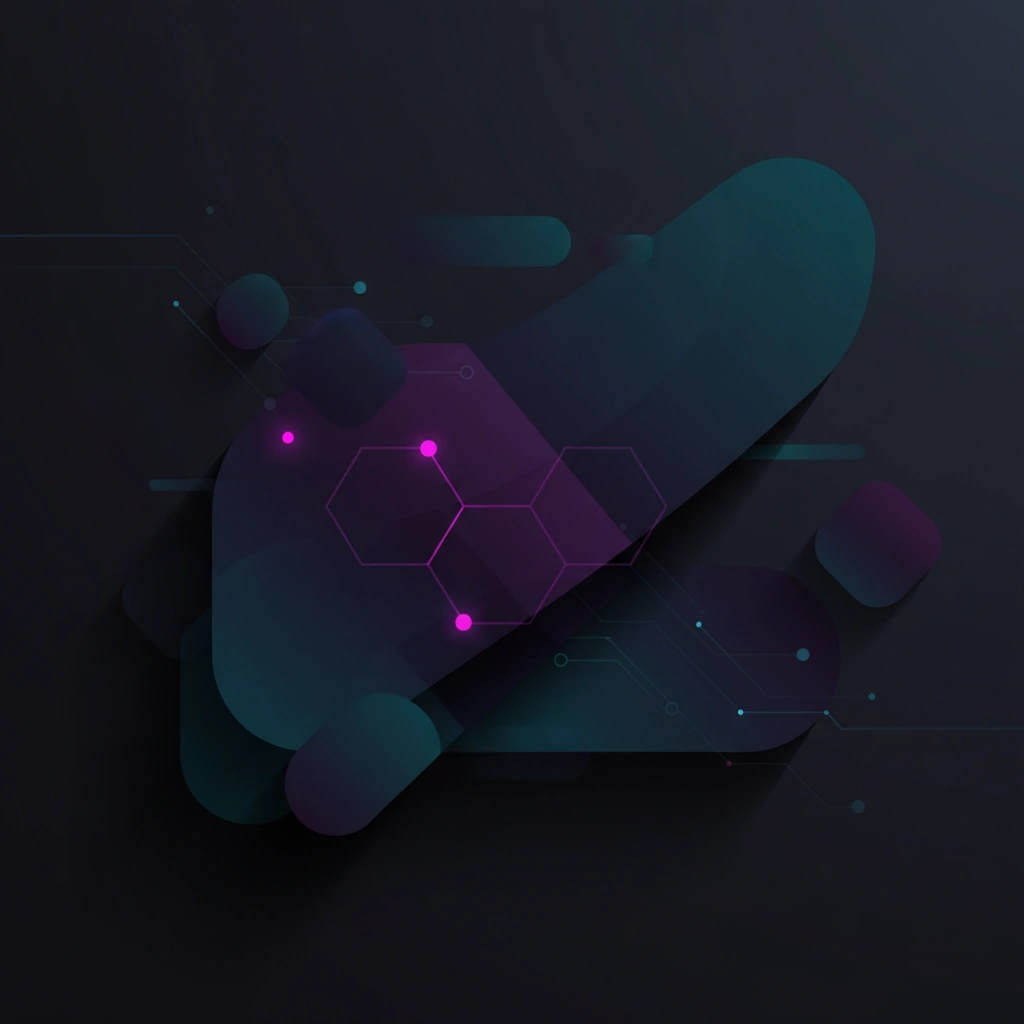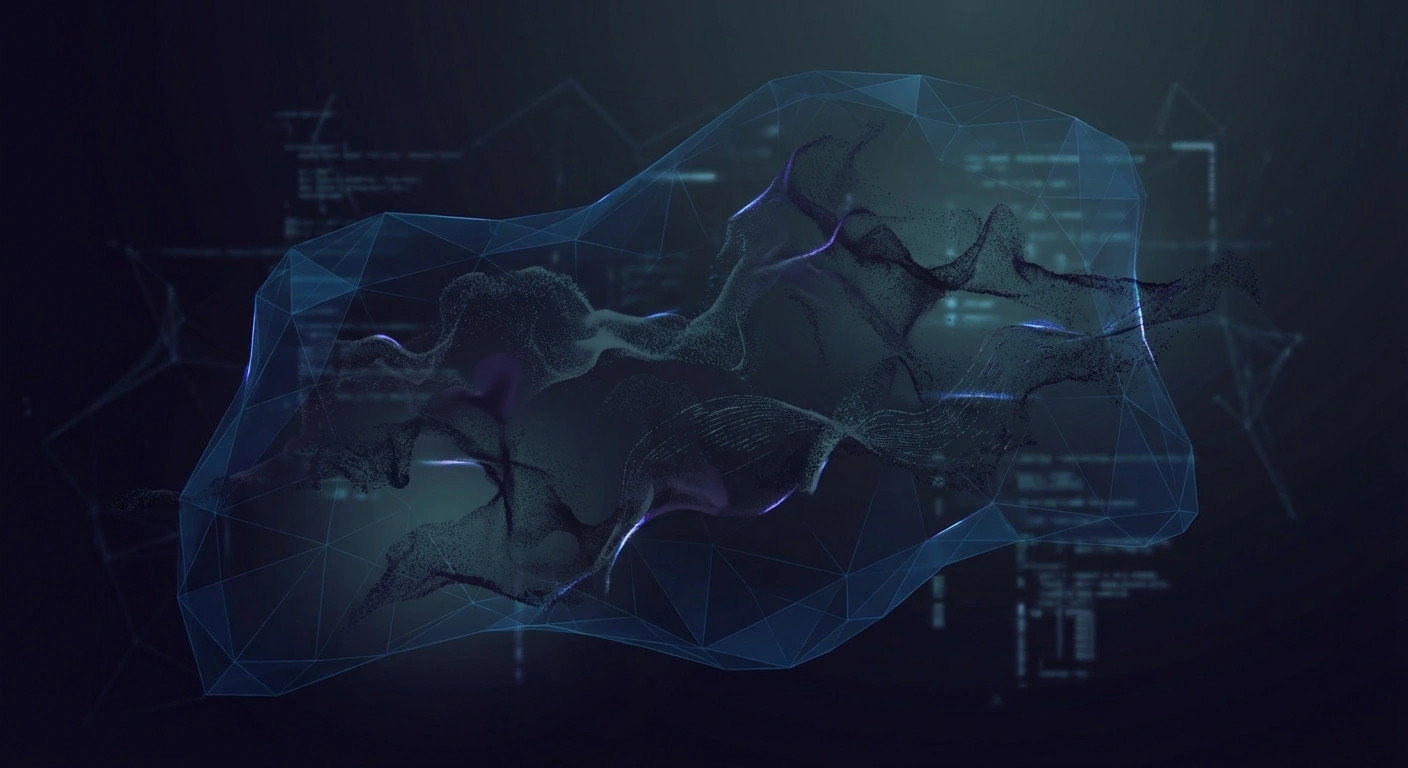Building Offline AI Agents: AgenWork Deep Dive
AgenWork demonstrates how to build privacy-first AI agents that run entirely offline, using local models and modular architecture for secure, autonomous task execution without cloud dependencies.

As AI agents become increasingly central to automation workflows, privacy and data sovereignty emerge as critical concerns. AgenWork presents a compelling solution: a framework for building AI agents that operate entirely offline, processing sensitive data locally without reliance on cloud services or external APIs.
The Privacy Challenge in Modern AI Agents
Traditional AI agent architectures typically depend on cloud-based large language models, creating inherent privacy vulnerabilities. Every query, document, and piece of sensitive information must traverse external networks and reside temporarily on third-party servers. For enterprises handling confidential data, healthcare organizations managing patient information, or individuals concerned about digital privacy, this architecture presents unacceptable risks.
AgenWork addresses these concerns by implementing a fully offline architecture that keeps all data processing within local infrastructure. The framework demonstrates that sophisticated AI agent capabilities—reasoning, planning, tool usage, and autonomous execution—can be achieved without compromising privacy.
Technical Architecture and Components
The AgenWork framework builds on several key technical components that enable offline operation. At its core, the system utilizes locally-hosted language models, typically smaller, quantized versions of open-source models that can run efficiently on consumer hardware or enterprise servers without GPU clusters.
The architecture implements a modular design pattern separating the reasoning engine, tool execution layer, and memory management system. This separation allows developers to swap components based on specific requirements while maintaining the offline constraint. The reasoning engine processes natural language instructions and decomposes them into executable subtasks, using local models fine-tuned for agentic behaviors.
Tool integration represents a critical technical challenge in offline systems. AgenWork implements a plugin architecture where tools—file handlers, data processors, system utilities—are registered with defined interfaces. The agent learns tool capabilities through structured descriptions embedded in its context, enabling it to select and chain appropriate tools for complex workflows.
Memory and Context Management
Effective agent operation requires sophisticated memory management. AgenWork implements a hierarchical memory system with short-term working memory for immediate task context, episodic memory storing interaction history, and semantic memory containing learned knowledge and procedures. All memory operations occur locally using vector databases that run entirely on-device.
The framework employs embedding models to convert textual information into vector representations, enabling semantic search and retrieval without external API calls. This allows agents to maintain coherent long-term context and learn from past interactions while preserving privacy guarantees.
Performance Considerations and Trade-offs
Operating entirely offline necessitates certain performance trade-offs compared to cloud-based alternatives. Local models typically offer lower raw capability than state-of-the-art commercial models like GPT-4 or Claude. However, for many enterprise workflows—document processing, data analysis, task automation—smaller models provide sufficient capability when properly configured.
The framework demonstrates optimization strategies including model quantization to reduce memory footprint, prompt engineering techniques tailored for smaller models, and task-specific fine-tuning to improve performance in narrow domains. These optimizations enable practical deployment on hardware ranging from high-end workstations to modest servers.
Implementation Patterns and Use Cases
AgenWork provides concrete implementation patterns for common agentic workflows. Document analysis agents can process confidential files entirely locally, extracting insights and generating reports without data leakage. Research assistants can query local knowledge bases and synthesize information while maintaining strict privacy boundaries.
The framework supports workflow automation where agents orchestrate multiple tools to complete complex multi-step processes. For example, an agent might monitor directories for new files, extract relevant information, update databases, and generate notifications—all without external network communication.
Implications for AI Development
The AgenWork approach represents an important counterpoint to the cloud-centric direction of AI development. While massive foundation models accessed via API offer convenience and capability, they introduce unavoidable privacy vulnerabilities and vendor dependencies.
This framework demonstrates that sophisticated agentic AI systems can operate within strict privacy constraints, enabling deployment in sensitive environments where data sovereignty is non-negotiable. As local hardware capabilities continue improving and open-source models advance, offline-first architectures become increasingly viable alternatives to cloud-based systems.
For organizations prioritizing data privacy, regulatory compliance, or operational independence, privacy-first agent frameworks like AgenWork provide a technical foundation for deploying AI automation without compromising fundamental security principles.
Stay informed on AI video and digital authenticity. Follow Skrew AI News.



